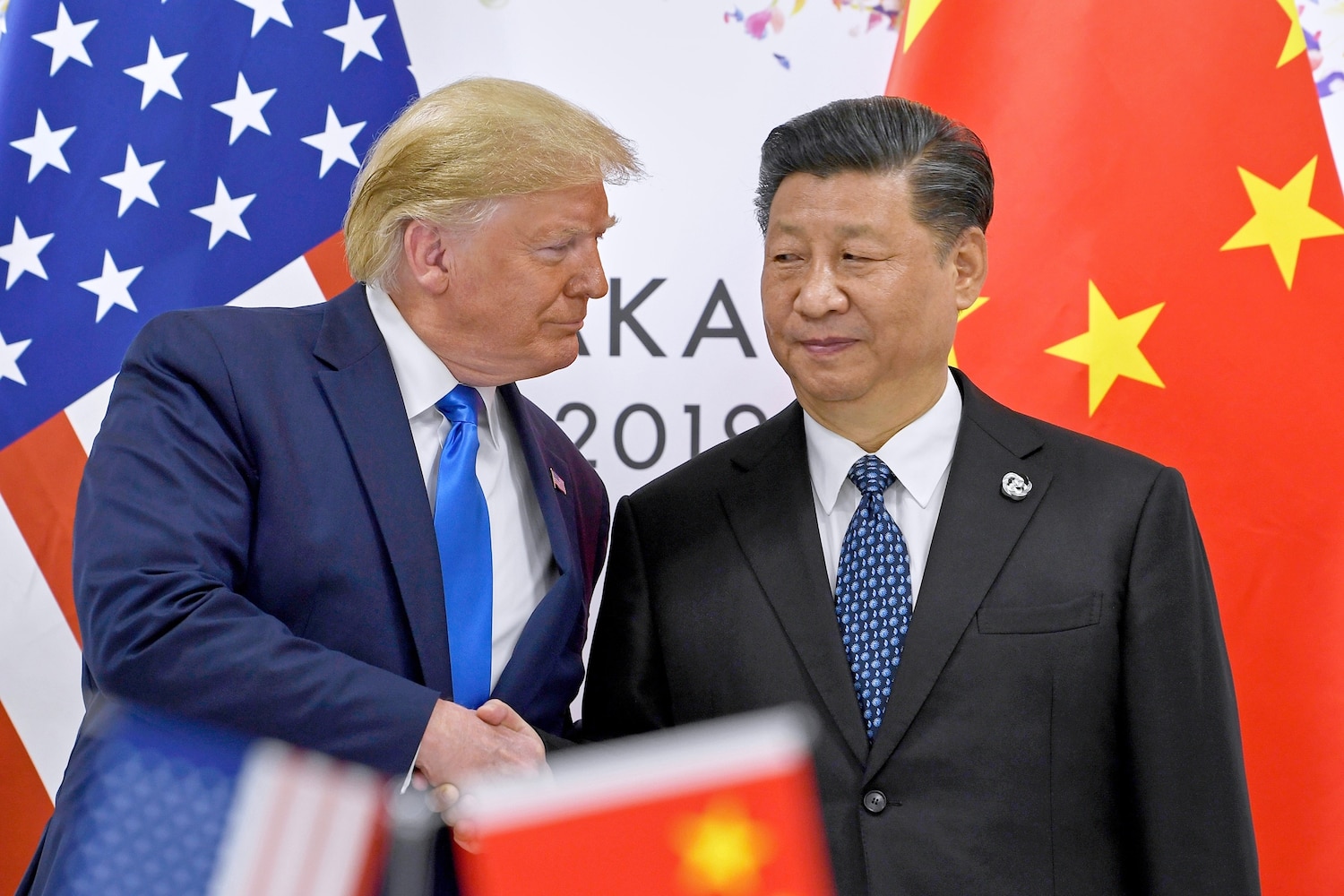Trump Announces 100% Tariffs on Chinese Imports After Market Sell-Off

In a dramatic escalation of trade tensions, President Donald Trump announced on Friday that the United States will impose 100% tariffs on all imports from China starting November 1, 2025. The decision follows a day of volatility in the financial markets and comes just 24 hours after China imposed new restrictions on rare-earth minerals — essential components in semiconductor and clean-energy production.
Tariff Shock Hits Global Markets
The announcement triggered immediate turmoil on Wall Street. The Dow Jones Industrial Average fell 385 points (–0.8%), while the S&P 500 and Nasdaq dropped 1.25% and 1.75% respectively. Investors reacted to fears of renewed trade instability between the world’s two largest economies.
Tariffs on Chinese imports were previously at 30%, a sharp decline from early 2025 levels when rates peaked at 145%. With the new policy, tariffs will once again rise to the highest level in years, potentially disrupting global supply chains for electronics, automobiles, and consumer goods.
China’s Rare Earth Move Sparks Retaliation
Beijing’s decision to limit exports of rare-earth minerals — materials critical to modern technologies — appears to have provoked the White House response. Analysts warn that China’s export limits could cripple U.S. semiconductor production and affect industries from artificial intelligence to home appliances.
In response, Trump announced that the U.S. would also impose “export controls on all critical software”, signaling a deeper technological decoupling between the two powers.
Political Implications and APEC Meeting Uncertainty
The tariffs come just weeks before the scheduled APEC summit in South Korea, where Trump was expected to meet Chinese President Xi Jinping. However, Trump said he may now reconsider the meeting, calling China’s recent actions “a real surprise to all leaders of the free world.”
While he stopped short of canceling the trip, Trump told reporters, “We’ll see what happens,” suggesting ongoing uncertainty in U.S.-China diplomacy.
Economic and Global Outlook
Economists warn that a renewed tariff war could pressure both economies and reignite inflation. U.S. importers may face higher costs, potentially passing them on to consumers. Meanwhile, China’s restrictions on rare-earth exports could push global manufacturers to seek new supply chains in Southeast Asia and Africa.









0 Comments